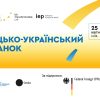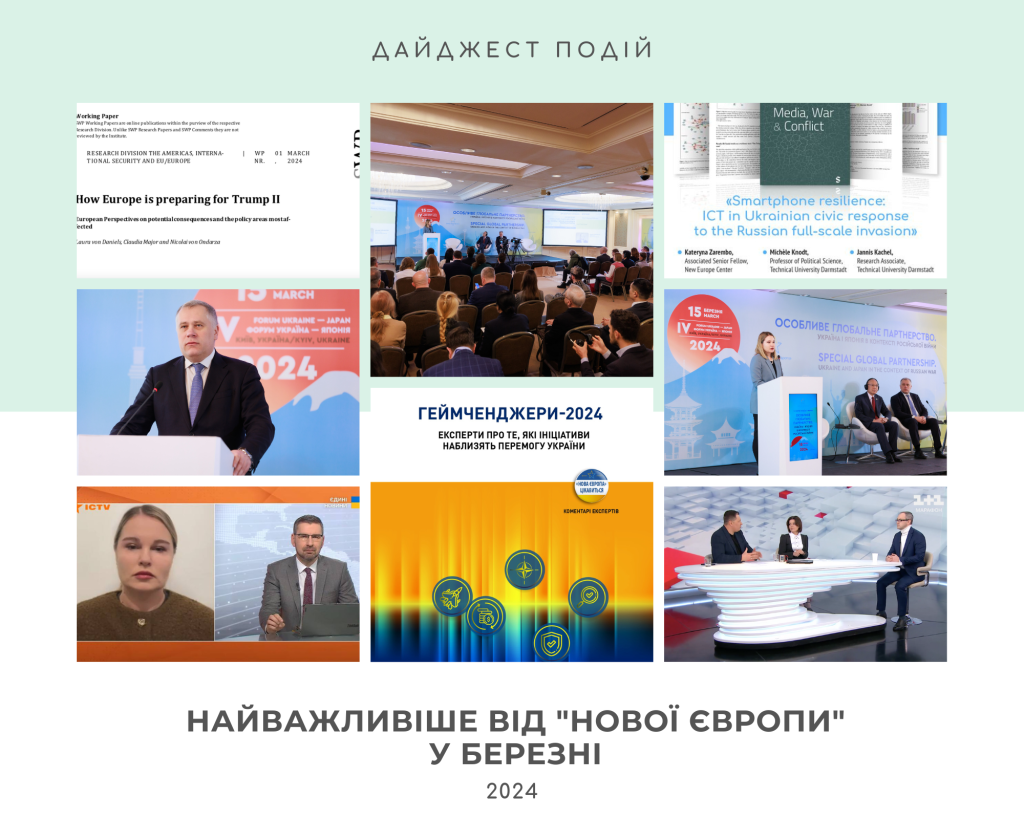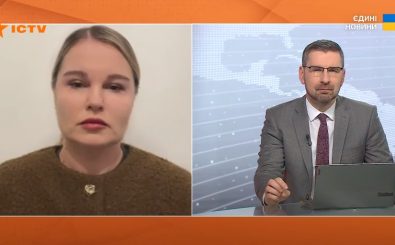Associate Fellow Kateryna Zarembo prepared a memo on Ukraine’s engagement with the Italian political and public sphere as a part of the workshop “Battle of Narratives”.
- While the new government can be short-lived (as the Italian governments often are), it is still worthwhile to establish contacts with the officials in it. In particular, the defense minister Guido Crosetto, the economy minister Giancarlo Giorgetti, minister of economic development Adolfo Urso, Senate speaker Ignazio La Russa; but of course also maintain good contacts with the Democratic Party. Local powers in Italy are very relevant, and speaking with mayors and especially governors can be useful, especially Lombardy, Emilia Romagna, Tuscany and Veneto.
- Engage with the Italian opinion leaders. There are international relations and military experts in Italy who are frequent guests at Italian TV, like Natalie Tocci, Nona Mikhelidze, Leonardo Tricario, Vincenzo Camporini or Andrea Mergelletti. Other knowledgeable speakers aboutUkraine within Italy are Andrea Graziosi, Vittorio Emanuele Parsi, Andrea Gilli, etc. It may be worth to invite them and other Italian experts to Ukraine for a field visit, at least to Kyiv or other big cities. It should be noted that in Italy the opinion leaders (not exclusively but often) are senior academics and analysts who have limited knowledge about Ukraine but comment on the war nonetheless. Ukraine can make an effort to raise awareness at least among some of them, and first hand experience is precious.
- Promote the information about the genocidal and war crimes which Russia commits. For example, the forced deportations should be communicated through the stories about children, since the Italians are especially sensitive to the topics of childhood and family.
- Develop efficient press centers/points, with staff speaking various European languages (including Italian) at the ministries and other decision-making institutions in Ukraine It has occurred dozens of times that ministers and MPs were unavailable for the media (in particular Italian media) in the first weeks of the full scale invasion. This is absolutely understandable, however, this may create an impression among the Italian media that Ukraine is not interested in telling its story to the world. Efficient press centers at the official institutions should work to ensure that as many foreign media requests as possible are promptly answered (suggesting alternative spokespeople, providing written statements and commentaries, etc).
- The war should not be the only Ukraine-related narrative in the Italian media landscape. It is true that the public in Italy is getting tired of the war, so in order to maintain interest and support towards Ukraine other information could be spread too: e.g. of Ukraine surviving (businesses working, schools teaching, etc) despite the war; of Ukraine’s vibrant civil society and artistic life. It is important to demonstrate Ukraine’s daily life against the backdrop of the war: it would make the Italians realize that the war affects everyone in Ukraine and at the same time will evoke admiration and interest through stories about the people.
- The representatives of civil society, pop culture, etc, could be good Ukraine promoters. For example, an appearance of the public figure like Go_A or Kalush music band, writer Serhiy Zhadan, orchestra director Oksana Lyniv, a TV host Mariia Yefrosinina, etc in the Italian media would tell Ukraine’s story to wide audiences. It is important not to limit the Ukraine’s story to “expert debate” but to engage various spokespeople from diverse spheres. It is also important not to limit these interventions to Rome or Milan, but also be present in the Italian regions. However, the promotion should be aimed at Do intensive promotion of Ukraine’s pop art and cuisine. The promotion so far has been aimed at the Italians, rather than Ukrainians in Italy (as was often the case so far).
- While the most popular media platforms like La Stampa, La Reppublica, Il Corriere della Sera, etc are very important, a number of other media started to dedicate closer attention to Ukraine in the recent months (Il Foglio, Linkiesta. Liberi Oltre) or even appeared specifically to promote Ukraine in Italy (Slava Evropi, a project of Linkiesta). It is important to engage them in communication from and about Ukraine and to sustain their reputation as knowledgeable sources on Ukraine affairs. Moreover, some TV editors at popular programs like “Otto e mezzo” (but not only, of course, there are many more) have acquired some Ukraine contacts and expertise over the recent months – it would be meaningful to be in touch with them and suggest speakers and content to them. They may not necessarily agree to anything but it would be good for them to know that they have reliable governmental and non-governmental contact points in Ukraine.
The author is grateful to the Italian experts who took part in the informal survey and contributed to these recommendations.







